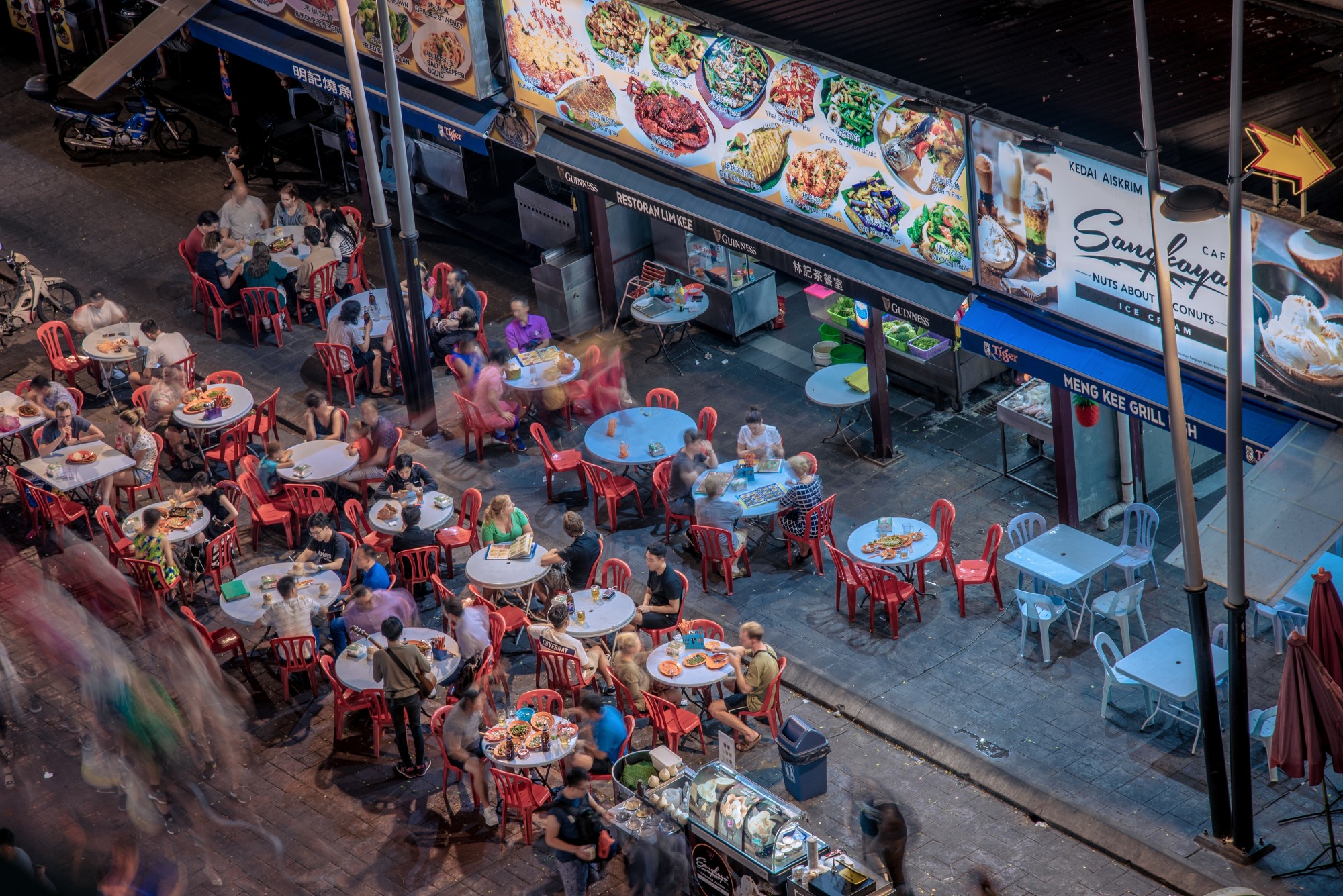Is Malaysia’s visa-free entry enough to entice ‘picky’ Chinese tourists as TikTok changes travel habits?
[ad_1]
“There are more and more spontaneous travellers flying in for the weekends,” Uzaidi told This Week in Asia. “They are also more brave to try new things.”
This includes an uptick in tourists coming to Malaysia to hike and fish, instead of just for golf, one of the more popular activities closely associated with Chinese tourists.
Healing holidays: how Malaysia’s Penang hopes to hook Chinese medical tourists
Healing holidays: how Malaysia’s Penang hopes to hook Chinese medical tourists
Tour operator Albert Loh told This Week in Asia his company usually “received an average of three to five inquiries a week. But now we have 61 groups asking about our packages for this week alone”.
Loh said his company, which specialises in tour packages for Chinese tourists in Sabah state in Malaysian Borneo, handled around 5,000 clients in the year to November 30, down at least 30 per cent from the volume they used to manage in 2019 before Covid-19 hit.
Visa-free access to Malaysia could potentially boost his business by at least 50 per cent, Loh added, based on the spike in interest over the past week alone.

Unique experiences
“The pandemic has made the world seem like a scary place and this affects the traveller’s mentality and decision-making,” she said.
Thai mall shooting: PM reassures tourists about safety amid gun law debate
Thai mall shooting: PM reassures tourists about safety amid gun law debate
Nigel Wong, the president of Malaysian Association of Tour and Travel Agents, said that while it was still too early to put any figure to it yet, he was optimistic that tourists from China would deliver the shot in the arm the sector needed.
“It will definitely pick up,” Wong told This Week in Asia.
Will Chinese spend?
But surging inquiries alone don’t bring in the tourist dollars.
Questions remain over whether the lure of island-hopping, five-star golfing destinations and Malaysia’s famed food scene would be enough to convince Chinese tours to return in serious numbers, especially as many tourism-related businesses on islands and remote parts where the best beaches are have fallen victim to the pandemic.
Analysts expect the volume of Chinese tourists may not rebound as much as hoped, with their spending power likely diminished due in large part to China’s slow economic recovery from the pandemic.

China’s Bureau of Statistics reported in June that youth unemployment hit a record high of 21.3 per cent. The International Monetary Fund projected China’s economic growth at 5.4 per cent in 2023 before slowing to 4.6 per cent on persistent weakness in its property sector and the projected subdued demand for its exports.
“With rising costs and a daunting economic outlook, the Chinese may not even choose to spend on travel,” Tan said.
Echoing similar sentiments on China’s internal difficulties, Collins Chong Yew Keat at Universiti Malaya in Kuala Lumpur was also critical of the visa-exemption incentive, saying the Malaysian government’s plan to reform the economic landscape was “missing the picture” and a middle-income trap.
“It prolongs the trap of the country in the continuous overdependence on China as the easiest low-hanging fruit in short term gains in tourism and capital,” he said.
Instead, Chong said that visa-free entry should only be prioritised for legitimate and strategic investment, and in attracting top talent and human capital in targeted sectors that would not pose a direct competition and risks to Malaysia’s economic and security interests.
[ad_2]
Source link



 Bonuses for new players
Bonuses for new players